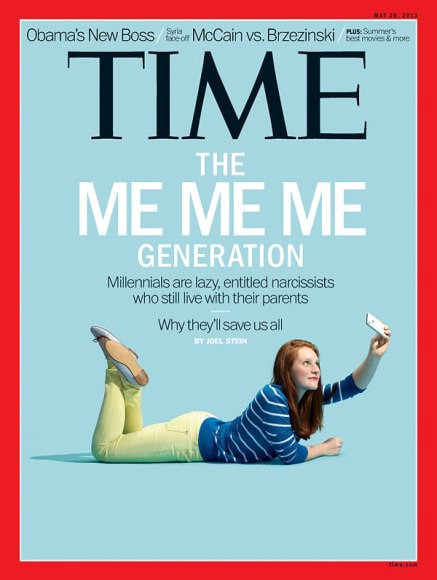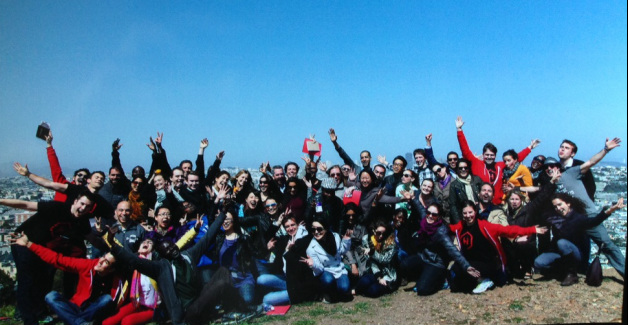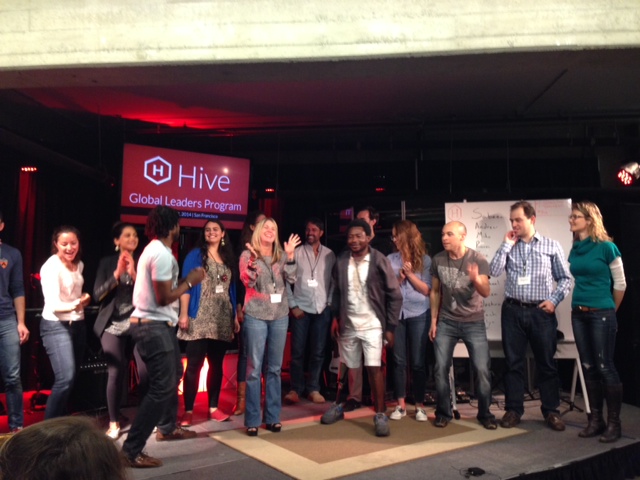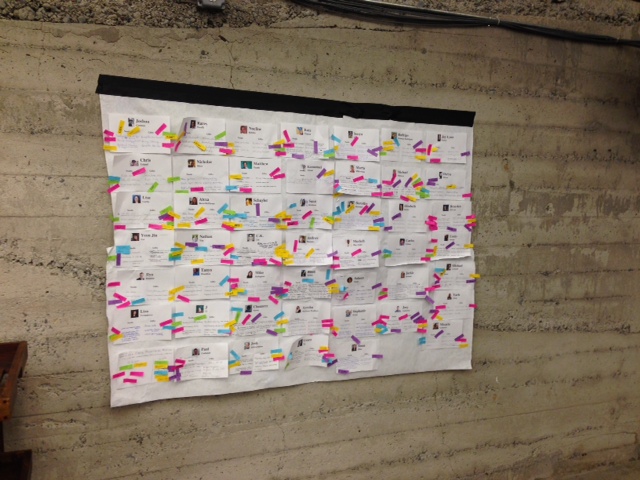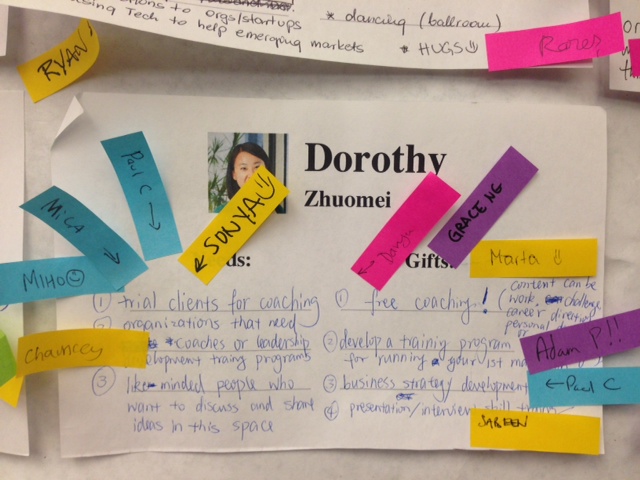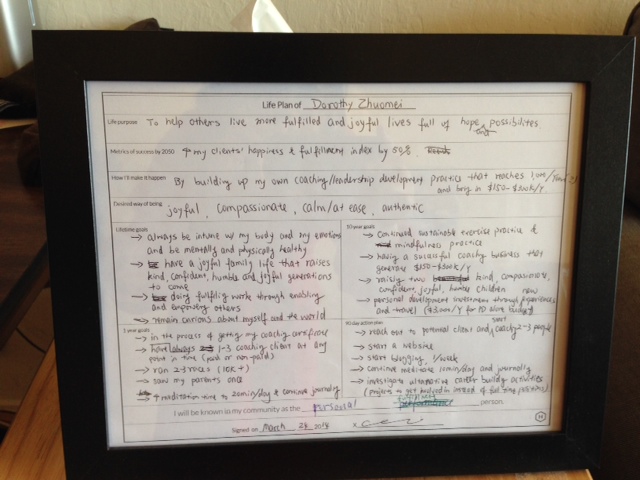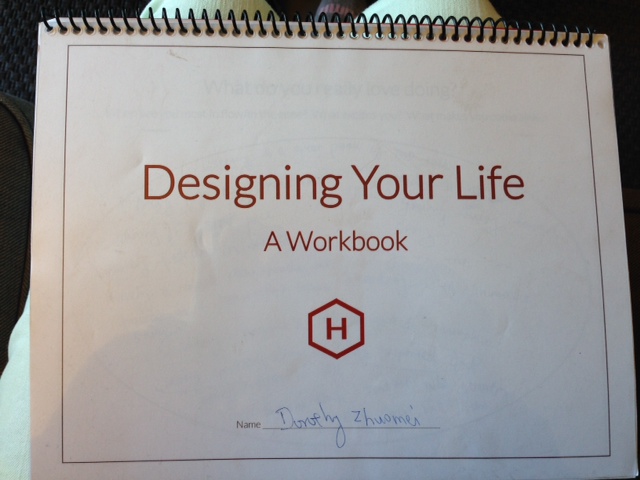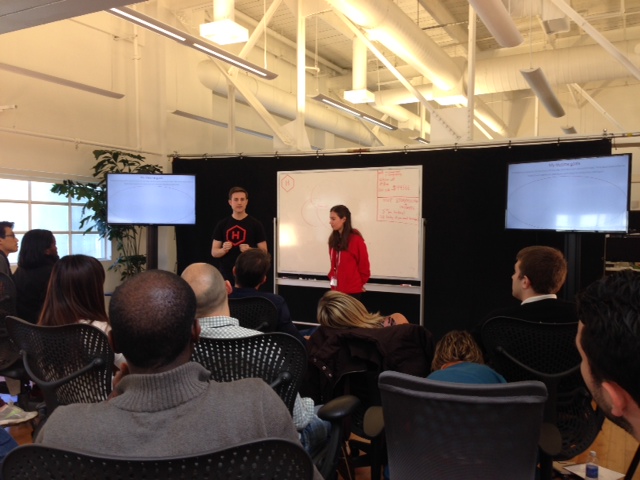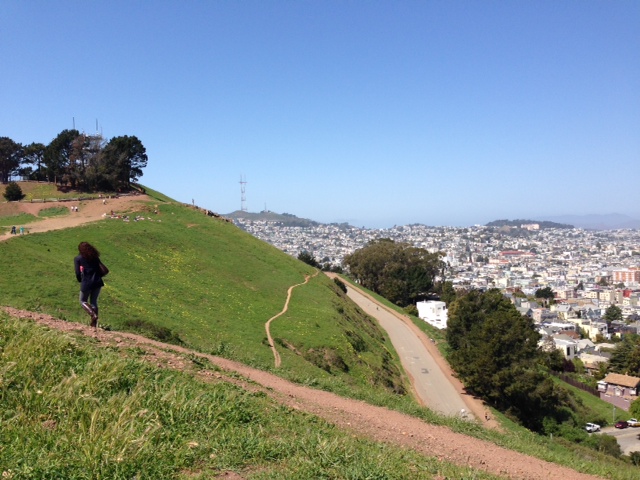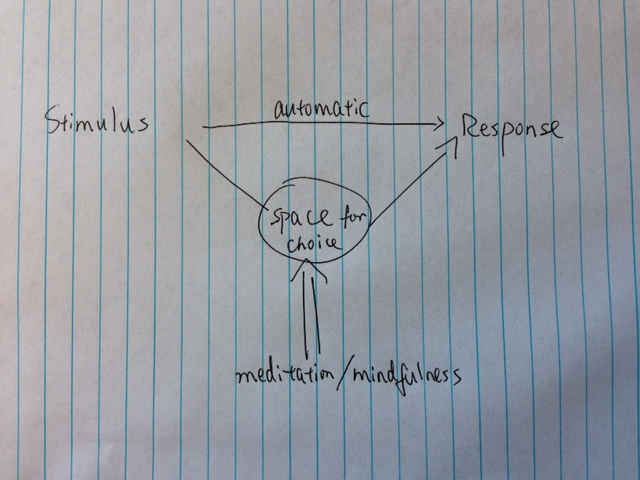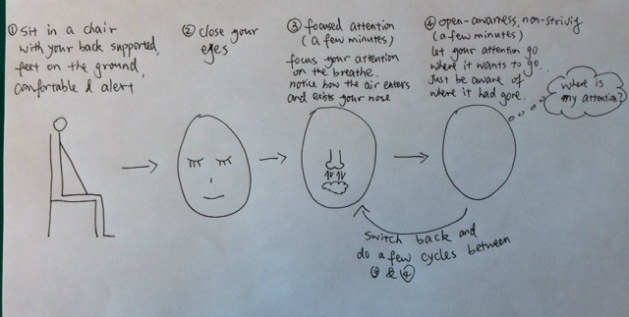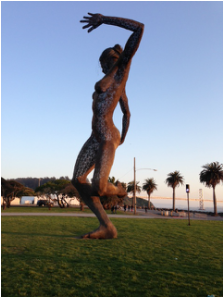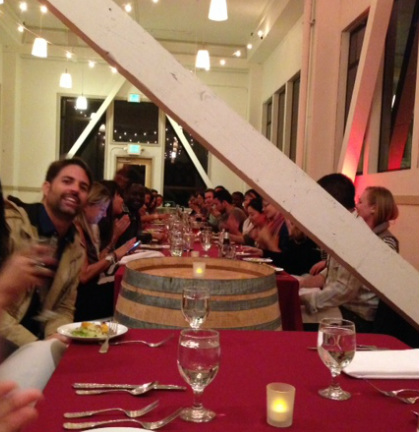This post is originally published on Medium on March 29, 2018.
Photograph by Andrew B. Myers for TIME; Styling by Joelle Litt
I recently saw a facebook post by a B-school friend of mine complaining about a young employee on her team not wanting to do admin work. The post was followed by a lot of sympathy and resonance, from many, presumably managers in our age group. (One funny thing is, technically speaking, many new managers/mid-level managers, are also millennials). Here are some of my thoughts on this challenge.
1. Ask yourself: What is my philosophy about managing people
Your beliefs and mindsets determine how you choose to react to situations. Do you believe your employees can be self-motivating under the right circumstances or do they need carrots and sticks? Do you believe your employees have the desire to learn and potential to grow or they are set in their own ways and cannot change much? Do you fundamentally believe that your employees are generally good-hearted, growth-oriented people that can thrive in the right place (does not have to be in the current position at your company)? As a leadership coach, I have observed that the more growth-oriented, open-minded management mindset tends to correlate with more motivated, engaged and collaborative employees.
2. Ask yourself: Am I willing to spend the time and energy necessarily to coach, or at least provide honest feedback to this employee?
Management is hard work. You have many meetings to attend, fires to put out, emails to respond to. Yet, many management/leadership books have talked about that your biggest asset as a manager is your people (or in the article linked, how you empower your people). Are you willing to carve out time out of your busy schedule to invest in this high leverage activity — coaching your inexperienced employees.
3. Ok, I want to coach my millennial employee (really, I just want him to stop complaining), what should I do?
Coaching is a large topic that is hard to cover in one post. I compiled a number of HBR articles at the bottom of the page as resources for managers interested in this topic.
I want to focus on two things, uncovering the root cause of the “entitled” behavior and giving feedback. In the facebook post example above, I got a glimpse of a couple of potential root causes behind the “reject and complain about admin work” behavior in the discussion that followed.
“I don’t want people to see me as an admin person”
“This is not a learning opportunity”
To me, uncovering these thoughts from your young employees is fantastic. The first one signals that he is driven by the fear of “wrong” perception, while the second suggests that she is driven by the fear of “not learning/wasting time”. Wanting to be seen as competent and wanting to learn and grow are generally good qualities we want to see in our employees. Therefore, reframing our thoughts about these young employees, instead of labeling them as “entitled”, think about them through their fear, perhaps, could soften our frustration and increase our empathy for their fears.
When we are less frustrated and more empathetic, it is time to give feedback to our “entitled” but really “riddled with fear (and perhaps insecurities)” young employees. Can you empathize with their true concerns? Can you honestly point out the impression/impact that their behaviors leave on you (and you only)? Avoid judging them, describe your perception as your perception, not the absolute truth, nor the character of the young employee. Here is something I would say:
“I understand that you are afraid that by doing more admin work, others will perceive you as the admin person. I can see it is a real concern for you especially because you are the youngest and most inexperienced member of the team. I want to share my honest feedback though. When I have a team of people, and one person consistently rejects admin work and complains about it, I feel tired and frustrated. The story that starts to form in my head is that “this person is difficult to manage, he/she is not willing to take one for the team, and I start to question how much I can rely on him/her for larger responsibilities or to lead”. As your manager, I believe that this is not the impression that you want to leave for me or others. Therefore, let’s talk about your fear, what are some ways that we can find out if this fear is in your head and based on reality? And let’s talk about ways to truly make a good impression on your colleagues and in the organization? ” — there might also be an opportunity to provide feedback on how he/she can provide feedback to you, the manager, without complaining and sounding negative.
My experience with most junior employees is that many (not all) lack the perspectives (views from different angles not their own) that often come with experience. That is why some of them behave “entitled” by complaining and some of them behave “clueless” like showing up to important meetings dressing absurdly or without preparation. Of course there are also these all-stars that have everything together. But anybody can manage an all-star. If you believe in the potential in people, then it is the manager’s duty to provide honest feedback and help the young people to gain perspective and grow.
4. Lastly, be self-reflective, choose creative and collaborative problem solving, and be open to the young person’s input.
Back when I was pursuing a career in Science, I heard there is a viscous cycle in Academia. Many Ph.D students suffer through years of mis-treatment from P.I.s(Principal Investigator, think Science Professors) that took advantage of their cheap labor. When these Ph.D students finally made their tenure positions and start running a lab, they start treating their students the same ways because “that’s the way how Academia works, and you had to suffer like I did”. It is not a very motivating picture.
I hope most of us can aspire to be the manager that we wish to have, especially if you suffered through some terrible managers in the past. Maybe there just isn’t a way to re-distribute the admin work, or turn every task into a learning opportunity, or maybe there is. Invite your challenging employees to be in the problem-solving process with you, and maybe, maybe then, he/she will also see your pain.
The following books/articles might be helpful for anyone struggle with this challenge:
On coaching:
You Can’t Be a Great Manager If You’re Not a Good Coach
Finding the Balance Between Coaching and Managing
4 Reasons Managers Should Spend More Time on Coaching
If You’re Not Helping People Develop, You’re Not Management Material
The Coaching Habit by Michael Bungay Stanier
On feedback & communication:
Nonviolent Communication by Marshall B. Rosenberg (one of my favorite books on interpersonal communication)
Thanks for the Feedback by Douglas Stone
Supportive Confrontation (this is a great post)
Making Getting Feedback Less Stressful

